Theresa Smith's Blog, page 33
October 30, 2022
Book Review: Horse by Geraldine Brooks
A discarded painting in a roadside clean-up, forgotten bones in a research archive, and Lexington, the greatest racehorse in US history. From these strands of fact, Geraldine Brooks weaves a sweeping story of spirit, obsession and injustice across American history.
Kentucky, 1850. An enslaved groom named Jarret and a bay foal forge a bond of understanding that will carry the horse to record-setting victories across the South, even as the nation reels towards war. An itinerant young artist who makes his name from paintings of the horse takes up arms for the Union and reconnects with the stallion and his groom on a perilous night far from the glamour of any racetrack.
New York City, 1954. Martha Jackson, a gallery owner celebrated for taking risks on edgy contemporary painters, becomes obsessed with a nineteenth-century equestrian oil painting of mysterious provenance.
Washington, DC, 2019. Jess, a Smithsonian scientist from Australia, and Theo, a Nigerian-American art historian, find themselves unexpectedly connected through their shared interest in the horse – one studying the stallion’s bones for clues to his power and endurance, the other uncovering the lost history of the unsung Black horsemen who were critical to his racing success.
With the moral complexity of March and a multi-stranded narrative reminiscent of People of the Book, this enthralling novel is a gripping reckoning with the legacy of enslavement and racism in America. Horse is the latest masterpiece from a writer with a prodigious talent for bringing the past to life.
Published by Hachette Australia
Released June 2022
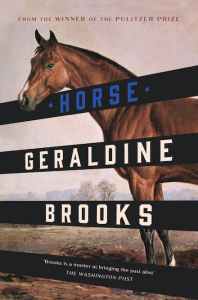 My Thoughts:
My Thoughts:I’m not sure there’s much that I can say about this novel beyond concurring that it is a modern masterpiece. It is the first novel in recent years to make me cry. I truly feel lost for words.
The relationship between the horse, Lexington, and Jarret, was so very beautiful. I adore books that demonstrate a connection between humans and animals and this story had two such relationships, with Theo and his Kelpie Clancy also having an incredible bond.
The direction the story took for Jess and Theo was shocking, all the more so for its authenticity. The parallels between Theo’s contemporary experiences within modern American society and Jarret’s as a slave in 19th century America were startling to observe.
The way in which Geraldine tied all of her historical threads together was so impressive, and as a reader, I am filled with gratitude for her talent. Reading this novel was pure pleasure, being in the comforting hands of a skilled master for the duration, it has left me with the biggest void to fill now that I’ve finished it.
Shortlisted for the 2022 ARA Historical Novel Prize, Horse is a novel entirely in a class of its own.
Thanks to the publisher for the review copy.
October 25, 2022
Book Review: These Days by Lucy Caldwell
April, 1941. Belfast has escaped the worst of the war – so far. Over the next two months, it’s going to be destroyed from above, so that people will say, in horror, My God, Belfast is finished.
Many won’t make it through, and no one who does will remain unchanged.
Following the lives of sisters Emma and Audrey – one engaged to be married, the other in a secret relationship with another woman – as they try to survive the horrors of the four nights of bombing which were the Belfast Blitz, These Days is a timeless and heart-breaking novel about living under duress, about family, and about how we try to stay true to ourselves.
Published by Faber
Released May 2022
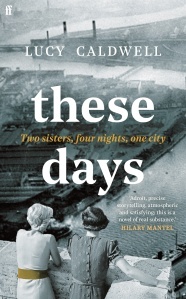 My Thoughts:
My Thoughts:Another high quality read. These Days was deceptive in its simplicity and delivered such a powerfully emotive read. As readers, with hindsight and the knowledge of history, we knew what was to come, which made certain scenes within this novel all the more poignant. A simple goodbye from one co-worker to another was loaded with premise; you just knew, without being told, that there would be a raid that night and that someone was going to die, and someone was going to be left behind.
‘And Florence thinks: We each die alone. That is the terrible truth, the tragedy of it. Whether we die by ourselves or with a dozen others, in a loved one’s arms or far from home.
The Somme: she looked it up on an old ordnance map once, and was taken aback to realise that it was a river, rather than a place, or at least the one had been named for the other. Somme: the awful, muffled, solemn toll of that word, which should have been a drowsy sound, the hum of a summer’s afternoon as you lay in a meadow with the person you loved. Somme: the name from a Celtic word, as it happens, such dreadful irony, meaning tranquillity.
Yes, she thinks: we must each face our death alone, rise up to meet it, untangling all of the cords, all of the tiny hooks by which our souls have sought to attach themselves, to anchor themselves, in these bodies and to others; all of them wrenching up through tender flesh, through reams of hopes and memories, useless now; and into the great nothing once more.’
Each of the Belfast air-raids increased in severity. The power of this novel lies in the manner in which we stroll through the everyday with the characters. From one raid to the next, the impact increases, yet they still plough on and live their lives as best they can, one foot in the day to day, the other planning ahead, sending children away, helping those in need. And then there is the grief, the devastating loss of losing someone in a split second. This novel is filled with such meaningful and languorously beautiful passages. I just loved it.
‘…For a while, I will be able to close my eyes and summon you up, or almost, but then it will go, you will go, and I will realise one day that I can no longer conjure your voice in my head. And all the things you told me, the things that mattered, and the things that hardly did at all, the things I let drift by in a sort of blissful haze, as if there’d be time, always, to catch them again. They will go too, until I’m left with hardly anything. And besides the weight of that loss, how am I to bear the weight of all the things I will never know? All the ways I’ll never have you. All that we could have, should have, might have, would have done together…’
This is a bit of a different WWII novel. Quiet, impactful, full of heart, loss and longing, love and endurance. I highly recommend it.
Thanks to the publisher for the review copy.
October 22, 2022
The Week That Was…
How quickly I fell out of the routine of writing my weekly updates. The last one was in early September, right before my son had his knee surgery. We’re now at the sixth week of his recovery and hoping that he will be able to get off the crutches and back to normal living. Six weeks of no weight bearing at all is a long time for an active teenager. It’s been a long time for me too, but enough said about that.
It’s safe to say that the ‘silly season’ has arrived and for those of us working in retail, it’s all a bit crazy from here on in. At least the days go fast, even if you are shattered by the end of each one.

~~~
Joke of the week:
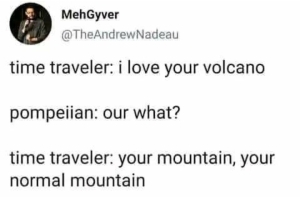
~~~
What Zeus has been up to:
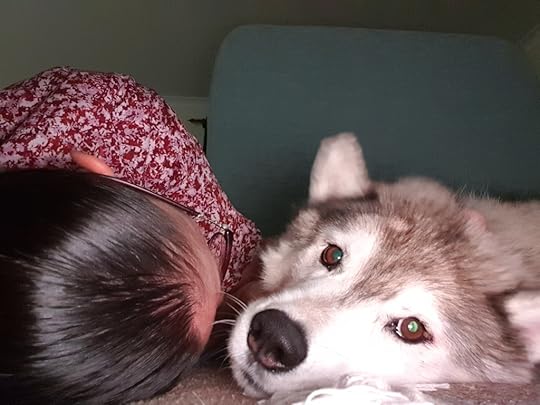

Our Zeus is booked in for surgery Monday week. You can see in these photos, he has two tumours that need removing, one on the top of his head and one on his top eyelid, towards the outer corner of his eye. He’s had the one on the top of his head for a couple of years, but it’s gotten larger in recent months and then the one on his eyelid appeared, and that one is really bothering him too, the poor pooch. Hopefully they can remove both without any dramas and he can go back to being his usual slouchy self without the hassle of scratching these things all the time.
~~~
What I’ve been watching:

I’m not entirely feeling the romance of Virgin River that other fans seem to be so caught up in. Aren’t we past the whole ‘toxic man-child’ trope when depicting male romantic leads? Apparently not…
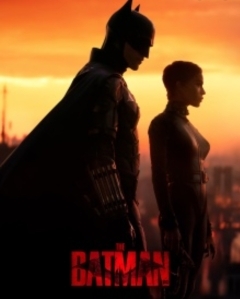
The Batman lived up to my expectations. I liked a lot about this film and disliked nothing. I felt it channelled the original Batman in a lot of different ways and Robert Pattison, while playing a younger and more grunge inspired Bruce Wayne than previous adaptions, delivered a terrific performance. Not everyone agrees with me about this, but I’ve let them know that they are wrong…
~~~
What I’ve been reading:
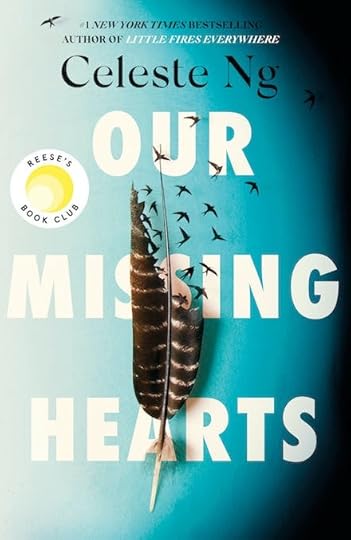
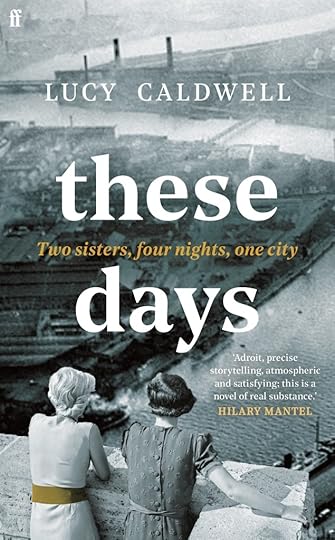
Both of these were a solid four star read.
~~~
Until next week…
October 21, 2022
Book Review: Our Missing Hearts by Celeste Ng
Twelve-year-old Bird Gardner lives a quiet existence with his loving but broken father, a former linguist who now shelves books in Harvard’s library. He knows not to ask too many questions, stand out too much, stray too far. For a decade, their lives have been governed by laws written to preserve ‘American culture’ in the wake of years of economic instability and violence. To keep the peace and restore prosperity, the authorities are now allowed to relocate children of dissidents, especially those of Asian origin, and libraries have been forced to remove books seen as unpatriotic – including the work of Bird’s mother, Margaret, a Chinese American poet who left the family when he was nine years old.
Bird has grown up disavowing his mother and her poems; he doesn’t know her work or what happened to her, and he knows he shouldn’t wonder. But when he receives a mysterious letter containing only a cryptic drawing, he is drawn into a quest to find her. His journey will take him through the many folktales she poured into his head as a child, through the ranks of an underground network of librarians, into the lives of the children who have been taken, and finally to New York, where a new act of defiance may be the beginning of much-needed change.
Our Missing Hearts is an old story made new, of the ways supposedly civilized communities can turn a blind eye to the most searing injustice. It’s a story about the power – and limitations – of art to create change in the world, the lessons and legacies we pass onto our children, and how any of us can survive a broken world with our hearts intact.
Published by Hachette Australia – Little, Brown
Released October 2022
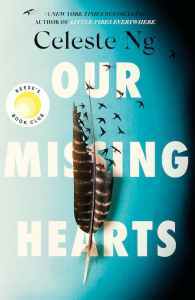 My Thoughts:
My Thoughts:‘And suddenly, a door clicks open in Bird’s mind. Why his father is always so cautious, why he’s always nagging Bird to follow this particular route or that, to not go off on his own. How his father reached him so fast. It isn’t just dangerous to research China, or go looking for Japanese folktales. It’s dangerous to look like him, always has been. It’s dangerous to be his mother’s child, in more ways than one. His father has always known it, has always been braced for something like this, always on a hair trigger for what inevitably would happen to his son. What he’s afraid of: that one day someone will see Bird’s face and see an enemy. That someone will see him as his mother’s son, in blood or in deed, and take him away.’
I really enjoyed this and thought it was an incredibly impactful novel. Themes of xenophobia and the forced removal of children dominate, along with the power of words, how even a simple sentence can be the spark that ignites a revolution.
‘You think this is something new? She shook her head.
Margaret listened. She began to learn: there was no new thing under the sun. About the schools where Indigenous children were shorn and stripped, renamed, re-educated, and returned home broken and scarred – or never at all. About children borne across borders in their parents’ arms only to be caged in warehouses, alone and afraid. About foster children pinballed from home to home, their own families sometimes unable to track their path. Things she’d been able to not know, until now. There was a long history of children taken, the pretexts different but the reasons the same. A most precious ransom, a cudgel over a parent’s head. It was whatever the opposite of an anchor was: an attempt to uproot some otherness, something hated and feared. Some foreignness seen as an invasive weed, something to be eradicated.’
Many parts of this novel broke my heart, particularly when it became apparent the sacrifice Bird’s parents had both made to keep him safe. Told in alternate perspectives between Bird and his mother Margaret, Our Missing Hearts is at once a novel that will reel you in and keep you nestled within its pages for the duration. Celeste Ng writes with impact, truth, and immense heart. I highly recommend this one.
Thanks to the publisher for the review copy.
October 12, 2022
Book Review: Seeing Other People by Diana Reid
After two years of lockdowns, there’s change in the air. Eleanor has just broken up with her boyfriend, Charlie’s career as an actress is starting up again. They’re finally ready to pursue their dreams—relationships, career, family—if only they can work out what it is they really want.
When principles and desires clash, Eleanor and Charlie are forced to ask: where is the line between self-love and selfishness? In all their confusion, mistakes will be made and lies will be told as they reckon with the limits of their own self-awareness.
Seeing Other People is the darkly funny story of two very different sisters, and the summer that stretches their relationship almost to breaking point.
Published by Ultimo Press
Released October 2022
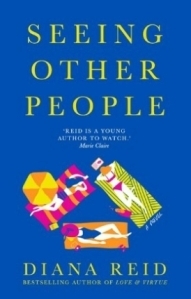 My Thoughts:
My Thoughts:This was SO GOOD! I had wondered how Diana Reid would follow up Love and Virtue, her impactful debut from last year. Seeing Other People was such a different novel from her first, and that right there, is how you make a name for yourself. Think Sally Rooney, but distinctly Australian and definitely more…I don’t know… dare I say, relatable, even though I’m far from my twenties. Perhaps that’s the Australian vibe coming through that gives it that quality. Whatever it is, I loved it and couldn’t put this one down. I’ve already been recommending it far and wide before I’d even finished it!
“It seemed the saddest most obvious thing in the world – that people changed, and also didn’t.”
I love books about sisters. I am a sister and I love my own sister dearly. She is, without question, my biggest ally and most trusted confidant. This story is first and foremost about sisterhood, so there was its first big tick from me, but it was also about the other relationships in our lives: the ones with friends, parents, lovers – all of these important connections interwoven to make up our daily lives and how we go about living them. If you’re a fan of Australian television drama – think Offspring, Love My Way, The Time of Our Lives – then this novel had the same thematic overture that shows like that have.
Diana Reid is now an auto-buy for me. I love her work and look forward to seeing what she next has in store for us.
October 9, 2022
Book Review: The Seven Skins of Esther Wilding by Holly Ringland
The last time Esther Wilding’s beloved older sister Aura was seen, she was walking along the shore towards the sea. In the wake of Aura’s disappearance, Esther’s family struggles to live with their loss. To seek the truth about her sister’s death, Esther reluctantly travels from lutruwita, Tasmania to Copenhagen, and then to the Faroe Islands, following the trail of the stories Aura left behind: seven fairy tales about selkies, swans and women, alongside cryptic verses Aura wrote and had secretly tattooed on her body.
The Seven Skins of Esther Wilding is a sweeping, deeply beautiful and profoundly moving novel about the far-reaches of sisterly love, the power of wearing your heart on your skin, and the ways life can transform when we find the courage to feel the fullness of both grief and joy.
Published by Harper Collins Publishers Australia
Released October 2022
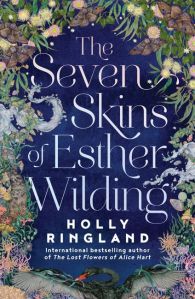 My Thoughts:
My Thoughts:‘You are everywhere,’ Esther whispered. ‘And nowhere.’
This was an utterly magical experience to read. I enjoyed Holly Ringland’s first novel, The Lost Flowers of Alice Hart, but this one, The Seven Skins of Esther Wilding, was on a whole other level of brilliance. It tells the story of a sister searching for truth, meaning, and a reason to live her best life after the loss of her older sister. It’s a big novel that takes the reader on a long and emotional journey, but I loved every page of it. It was so beautiful to read a novel this long and this engaging, one that seemed like it had the space for the author to really tell the story she was setting out to tell, no rush, no cutting corners, no fitting into a commercial page length; rather, allowing the reader to exist within this other world for as long as it took for the story to be completely told.
Music plays an important part within the telling of this story, as does the meaning people ascribe to the tattoos they get inked into their skin. The mythology of fairy tales is embedded throughout the narrative, with an emphasis on feminist Nordic tales. I adored this aspect of the novel. As well as paying tribute to sisterhood, this novel also pays homage to the trauma of pregnancy loss, and the often-complicated relationships that can exist between mothers and their daughters. This is very much a novel to sink into, to take your time with; to delicately tiptoe through rather than race around the edges in. There is much to be contemplated throughout and the beauty of it lies in the unfolding. What begins as a journey to discover truths about her sister ends in Esther discovering so much about herself. The Seven Skins of Esther Wilding is beautiful, bold, and brilliant. All the stars and then some.
Thanks to the publisher for the review copy.
October 2, 2022
Book Review: The Story of the Lost Child by Elena Ferrante
Translated by Ann Goldstein
About the Book:The Story of the Lost Child is the concluding volume in the dazzling saga of two women — the brilliant, bookish Elena, and the fiery, uncontainable Lila. Both are now adults, with husbands, lovers, aging parents, and children. Their friendship has been the gravitational center of their lives. Both women fought to escape the neighborhood in which they grew up — a prison of conformity, violence, and inviolable taboos. Elena married, moved to Florence, started a family, and published several well-received books. In this final novel she has returned to Naples, drawn back as if responding to the city’s obscure magnetism. Lila, on the other hand, could never free herself from the city of her birth. She has become a successful entrepreneur, but her success draws her into closer proximity with the nepotism, chauvinism, and criminal violence that infect the neighborhood. Proximity to the world she has always rejected only brings her role as its unacknowledged leader into relief. For Lila is unstoppable, unmanageable, unforgettable.
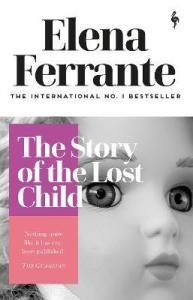 My Thoughts:
My Thoughts:It’s taken me more than two years to read all four books in this series. The first two I read back-to-back, but I found the second one a pale cousin to its predecessor, so it was another year before I read the third book. Now, about eighteen months after the third, I have finally read the fourth and final book. My overall thoughts are that it was far too long, at least 100 pages too long, particularly in the first half with Elena and all of her self-indulgent waffling on about how unfair life is to her and how much she loves Nino, who, as I said from the outset, was not worth the effort! My contempt for Elena and Nino aside, from a political sociological viewpoint on Italy in the 1970s, 1980s and 1990s, it is brilliant. A stunning portrayal of a fractured nation grappling with democracy and dissent. And this is what I loved about the first and third books which has flowed through to this fourth one, that focus on the wider view of the nation and the effects of political dissent upon the different provinces and the way this shaped the people and guided their loyalties, not just to those leading, but to each other. The violence within Italy, written from a perspective of someone who has lived experience, was confronting.
‘Naples was the great European metropolis where faith in technology, in science, in economic development, in the kindness of nature, in history that leads of necessity to improvement, in democracy, was revealed, most clearly and far in advance, to be completely without foundation. To be born in that city – I went so far as to write once, thinking not of myself but of Lila’s pessimism – is useful for only one thing: to have always known, almost instinctively, what today, with endless fine distinctions, everyone is beginning to claim: that the dream of unlimited progress is in reality a nightmare of savagery and death.’
In terms of characters, I still don’t like Elena. If I’m going to be honest, I despise her. She is an incredibly arrogant and self-absorbed woman. Her adult relationship with Lina was interesting, I still felt that much of their friendship was one of convenience, left over from childhood and manifested in what they could do for each other, more than genuine affection. I felt a simmering of disgust at the way in which Elena was mining her old neighbourhood for literary gain.
‘The book was undoubtedly benefiting from everything that came from the neighbourhood. But the work proceeded so well mainly because I was attentive to Lila, who had remained completely within that environment. Her voice, her gaze, her gestures, her meanness and her generosity, her dialect were all intimately connected to our place of birth. Even Basic Sight, in spite of the exotic name (people called her office basissit), didn’t seem some sort of meteorite that had fallen from outer space but rather the unexpected product of poverty, violence, and blight. Thus, drawing on her to give truth to my story seemed indispensable. Afterward I would leave for good, I intended to move to Milan.’
Within this novel, the author explores the fragility of Lina’s mental state more thoroughly. I liked the way in which she wrote of the disconnection that Lila overwhelmingly felt.
‘But tonight I finally understood it: there is always a solvent that acts slowly, with a gentle heat, and undoes everything, even when there’s no earthquake. So please, if I insult you, if I say ugly things to you, stop up your ears, I don’t want to do it and yet I do. Please, please, don’t leave me, or I’ll fall in.’
On the topic of their friendship, I liked this perspective offered by Elena’s adult daughter:
‘When I complained of her coldness she said: It’s impossible to have a real relationship with you, the only things that count are work and Aunt Lina; there’s nothing that’s not swallowed up inside them, the real punishment, for Elsa, is to stay here.’
Despite the constant exasperation I felt about Elena and Lina and the way in which they would cyclically treat each other, the novel contains passages of such profound wisdom, in terms of the way in which Ferrante will break something down and examine it as if under a microscope. Take the deaths of the Solara brothers, as a case in point:
‘On the other hand I realized that I knew other things, things that no one knew and no one wrote, not even me. I knew that the Solaras had always seemed very handsome to us as girls, that went around the neighbourhood in their Fiat 1100 like ancient warriors in their chariots, that one night they had defended us in Piazza dei Martiri from the wealthy youths of Chiaia, that Marcello would have liked to marry Lila but then had married my sister Elisa, that Michele had understood the extraordinary qualities of my friend long before that and had loved her for years in a way so absolute that he had ended up losing himself. Just as I realized that I knew these things I discovered that they were important. They indicated how I and countless other respectable people all over Naples had been within the world of the Solaras, we had taken part in the opening of their businesses, had bought pastries at their bar, had celebrated their marriages, had bought their shoes, had been guests in their houses, had eaten at the same table, had directly or indirectly taken their money, had suffered their violence and pretended it was nothing. Marcello and Michele were, like it or not, part of us, just as Pasquale was. But while in relation to Pasquale, even with innumerable distinctions, a clear line of separation could immediately be drawn, the line of separation in relation to people like the Solaras had been and was, in Naples, in Italy, vague. The farther we jumped back in horror, the more certain it was that we were behind the line.’
So, after all this time and all those pages, would I recommend this series? Yes, go on, you know I do, even if it’s only for the sociology, politics, Italy, and the magnificent deconstruction of its characters. Ferrante writes with an honesty that is almost aggressive, it certainly makes you flinch with its intensity. Lila is a truly unforgettable character, Elena, the opposite. The rest of the expansive cast, with the exception of Nino, equally as unforgettable. I’ll give Ferrante kudos for making me despise two fictional characters with such ferocity.
‘There is this presumption, in those who feel destined for art and above all literature: we act as if we had received an investiture, but in fact no one has ever invested us with anything, it is we who have authorized ourselves to be authors and yet we are resentful if others say: This little thing you did doesn’t interest me, in fact it bores me, who gave you the right.’
September 29, 2022
A Month of Reading: September
Throughout the month of September, I read six books. Three of my own, and three that were sent to me for review. Three were five star reads, and three were four star reads. I am holding steady with the quality selections, which is always a reading bonus. This month has been particularly busy. My son had surgery on his knee, he is recovering well, but the damage to his knee was more extensive than originally thought, so his recovery will be longer and slower. Work is busy, particularly over the school holiday period, so I am more exhausted more often of late. And as we emerge from winter into spring, some parts of the garden were resembling a jungle, so there’s been plenty of yard work to tend to. I have so many books waiting to be read that I really want to get to. At least I’m spoiled for choice!
22 in 2022:
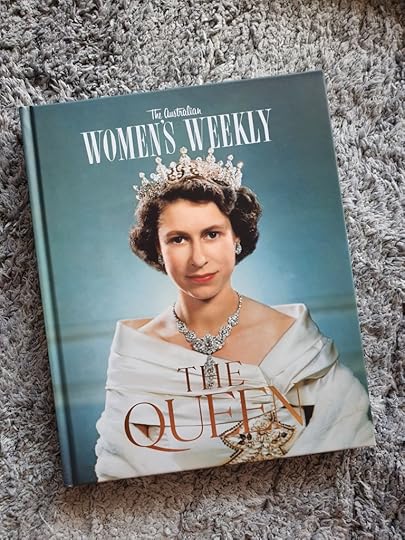

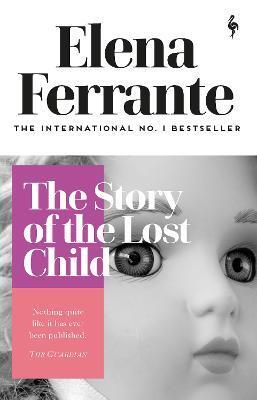
Review Reads:
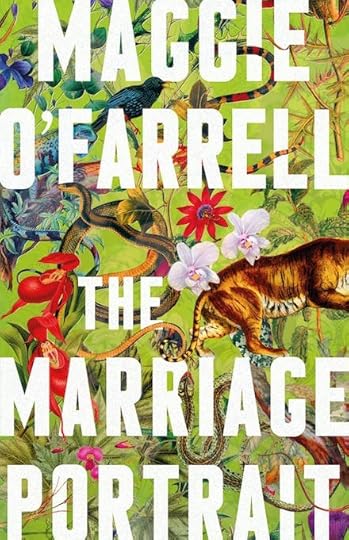

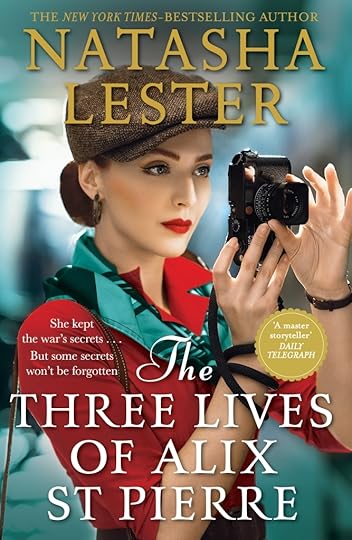
What I’ve been watching:
On many levels, it’s been easier to watch TV in my down time of late. Many of the shows I’m enjoying at present have weekly episodes, so I have a few things on the go. I did finally finish watching all of Love My Way, which I adored, and it made me realise how much I need an Australian show in my life on a regular basis. I’m still plugging away with New Amsterdam, I love it, but I tend to watch a few episodes, take a break and then return to it. I’ve only just finished season one, but I’ll be in it until the end.
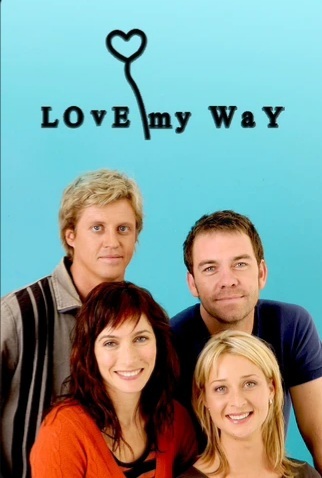
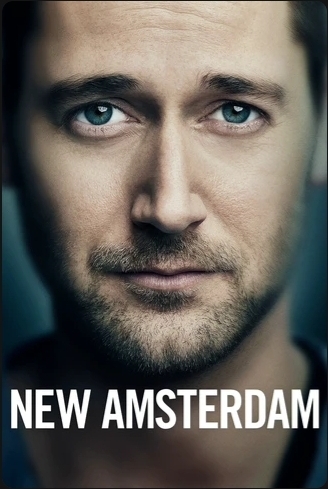
Weekly watches:
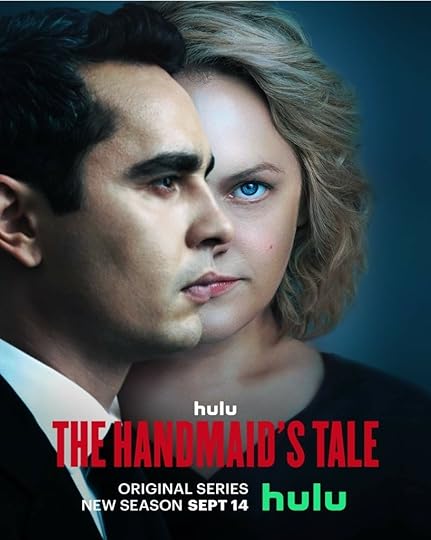

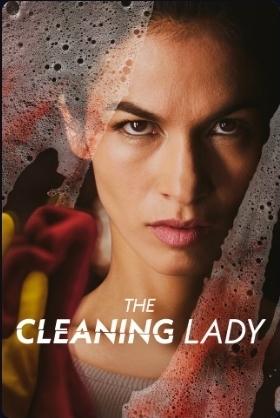
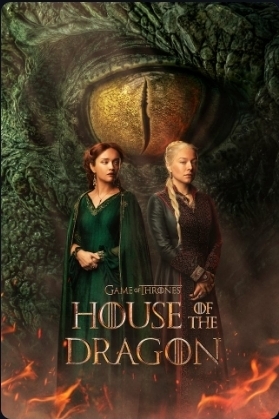
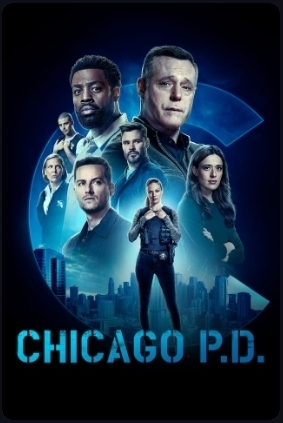
Until next month, good reading (and viewing)…
September 28, 2022
Beautiful Books: The Queen by The Australian Women’s Weekly
Since the passing of Queen Elizabeth II, there has been a multitude of magazine tributes popping up. I have been holding off buying any of them, despite my love of royal photo tributes, and I’m glad I did because this beautiful book that The Australian Women’s Weekly has brought out as a tribute to our late Queen’s life trumps them all. Simply titled, The Queen, it is a photo history of her life.
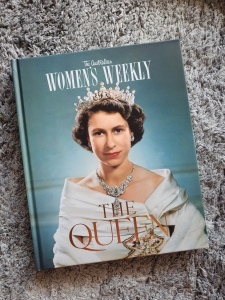
There are articles peppered throughout, from the WW archives, but overall, it was the photos I bought this for and there are 200 glorious pages of them. It did not disappoint. My absolute favourites, which show the Queen as Elizabeth the woman more than Elizabeth the monarch:
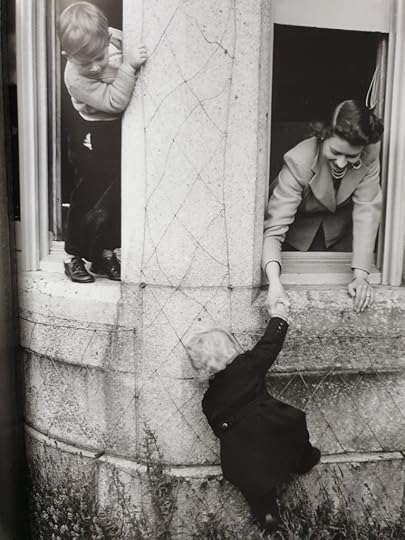


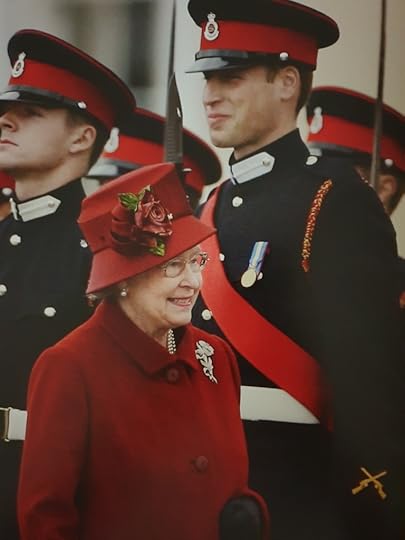
I bought this book and am under no obligation to review it but I just wanted to share it here for any others who loved our Queen and would treasure a memorial like this. I bought my copy from Big W but I’d say it would be available anywhere you can buy The Australian Women’s Weekly from. Highly recommended!
‘I declare before you all that my whole life, whether it be long or short, shall be devoted to your service and the service of our great imperial family to which we all belong.’ – Queen Elizabeth II, South Africa, 1947.
September 27, 2022
Book Review: The Three Lives of Alix St Pierre by Natasha Lester
Lavish and compelling, this is the story of a young woman trying to forget her devastating part in the war.
1943. After spearheading several successful advertising campaigns in New York, PR wizard Alix St Pierre comes to the attention of the US government and finds herself recruited into a fledgling intelligence organisation.
Enlisted as a spy, Alix is sent to Europe where she is tasked with getting close to a Nazi who might be willing to help the Allied forces – but there’s also the chance he might be a double agent.
1946. Following the war, Alix moves to Paris to run the Service de la Presse for the yet-to-be-launched House of Christian Dior. But when a figure from the war reappears and threatens to destroy her future, Alix realises that only she can right the wrongs of the past and bring him to justice.
This completely enthralling story takes readers from the dangerous, intrigue-filled rooms in Switzerland where elites of both sides mingled and schemed during the war, to the glamorous halls of the House of Dior in the golden age of French fashion and journalism.
Published by Hachette Australia
Released 28th September 2022
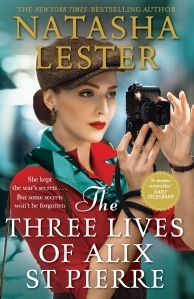 My Thoughts:
My Thoughts:‘He’s like a Heminway novel – aggressively male and not worth the effort.’
What a quote! I just adore it and not in isolation. This entire novel is sublime. Natasha Lester is an author who is so at ease within her own writing, every new novel is just utter perfection. I feel like this is the novel Natasha has been moving towards for some time now. With all the research she must have done over the years on the roles of women in the years preceding, during, and post WWII, The Three Lives of Alix St Pierre feels like a culmination of it all.
‘There was one brief and shining moment, wasn’t there, when it looked like the world would change. For four years we spied and we worked damn hard and we saved people’s lives and we made a difference and nobody cared too much that we were women. And then it all ended. Went backwards, even.’
Alix St Pierre is a fiercely independent woman, she has had to be, orphaned as a young teenager and absorbed into a male world of espionage as a young adult. She epitomises so many brave and intelligent women who sacrificed so much throughout WWII as spies and military agents. One of the things I loved most about this novel was that we stayed with Alix for the duration. This was not a dual timeline with one foot in the present and one foot in the past, as is Natasha’s usual style. I loved seeing Alix’s character growth over the ten-year period of her life that Natasha has broken this story up into, within three timelines – hence the title, The Three Lives of Alix St Pierre.
‘We make the world possible – but the world makes almost everything impossible for us.’
There’s so much within this novel to enjoy, fashion at the top of the list for me. I love reading about couture and the early years of designing houses. Natasha excels at bringing this to life for the reader. I could picture the gowns without even needing to look them up and I love how she once again highlighted the importance of the fashion industry in post-war Paris.
The Three Lives of Alix St Pierre is also a gorgeous love story, although this aspect doesn’t overshadow the rest of the plot. Rather, it plays out alongside key moments and builds to a crescendo that was all too lovely and very near to heart-breaking. I really loved this latest release by Natasha Lester. Another solid five star read by her and one that I wouldn’t hesitate to recommend to readers of historical fiction.
Thanks to the publisher for the review copy.



